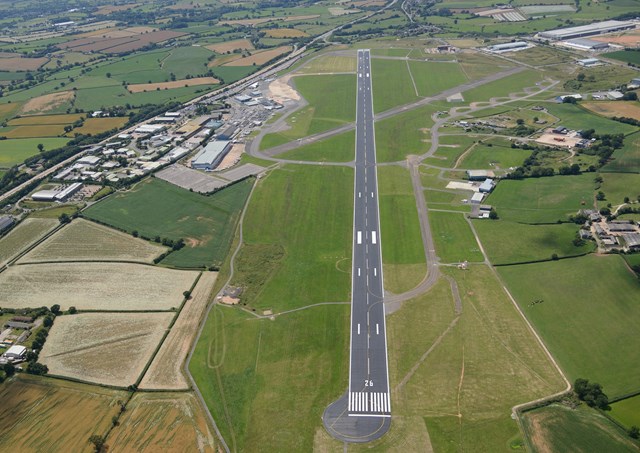
Test planes will go to Newquay
The first electric commuter flight in the UK will take place at Exeter Airport, an exciting announcement following a traumatic year which has seen the loss of the airport's biggest customer, Flybe, and a dramatic fall in other flights since the start of the pandemic.
An organisation called UK Research and Innovation has a fund called the Future Flight Challenge, for which companies bid for a share of £30 million.
Now Ampaire, a business that's pioneering electric flights, with partners including Rolls-Royce Electrical, University of Nottingham, Loganair Ltd, Exeter and Devon Airport, Cornwall Airport, Heart of the South West LEP, and UK Power Network Services, has received £2.4 million, nearly half it needs to demonstrate hybrid-electric aircraft on regional routes in the South West of the UK.
Its project, called 2Zero (Towards Zero Emissions in Regional Aircraft Operations), involves putting in place and testing the infrastructure needed to enable electric flights in existing airport and airline operations. It will see electric aircraft test flights taking off at Exeter Airport and flying to Newquay.
Andrew Bell, chief executive of Regional & City Airports, the owners of Exeter Airport, said: “Our 2Zero programme is incredibly exciting for us and the south west region. Exeter is an important regional airport and this project really puts us on the map as a forward-looking airport and demonstrates our commitment, along with our partners, to making the future of aviation a sustainable one.”
Karl Tucker, chair of Heart of the SW LEP, said: “We’re delighted to be part of this successful consortium bid to UKRI. The south west has so much to offer, including boasting the most highly skilled workforce in the aerospace sector and our smart aviation cluster. This programme is a huge step forwards in transforming the future of air travel and helping the UK to achieve its target of net carbon flights by 2050.”
Susan Ying, Ampaire senior vice president for global partnerships, said: “For electric aviation to become commonplace, and play a significant role in reducing greenhouse gases, we need to look at not only electric aircraft but the entire ecosystem to support electric aviation. That will be a key aim of the 2Zero programme.”
The demonstration flights will be carried out using Ampaire’s six-seat Electric EEL aircraft and, in a later phase, with a 19-seat Eco Otter, hybrid-electric retrofit of the workhorse Twin Otter commuter aircraft. These testbed aircraft will be used to develop and evaluate requirements for a fully integrated electric aviation infrastructure.
The 2Zero team believes that an effective demonstration of hybrid-electric aircraft in an integrated system, including the necessary charging and battery storage infrastructure, could catalyse a fundamental shift in regional airline operations. Emissions would be reduced by up to 70 percent with hybrid-electric aircraft and entirely with a subsequent generation of all-electric aircraft.
The project will run until May 2022. East Devon District Council's leader, Councillor Paul Arnott (East Devon Alliance) says: “The airport has probably seen the heaviest impact from the pandemic of any business in East Devon.
"We are keen to support a green recovery rather than just a return to business as usual and today’s announcement is a really important step towards this. It will ensure that the airport can act as a test bed for new technologies including electric flight and can play a leading role in helping to meet the global challenge of decarbonising the aviation industry.
"This fits very well with the emphasis already placed on science, technology and engineering in the Exeter and East Devon Enterprise Zone.”
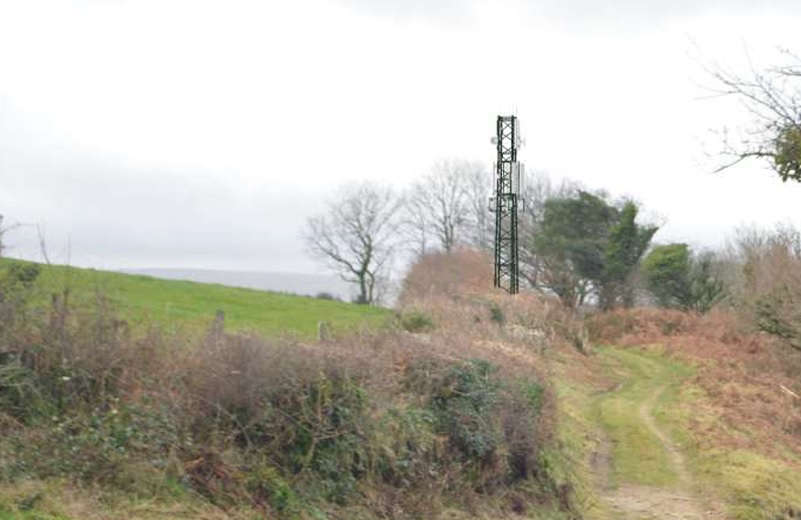 Dartmoor phone mast gets the go-ahead
Dartmoor phone mast gets the go-ahead
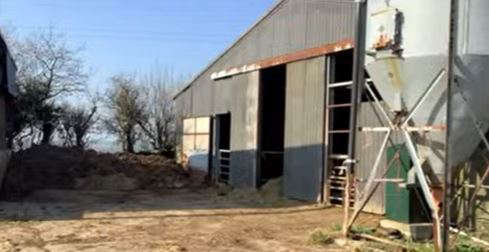 Livestock processing plant refused at Shebbear
Livestock processing plant refused at Shebbear
 Devoncast - New lives for two Devon landmarks and the mysteries of AI
Devoncast - New lives for two Devon landmarks and the mysteries of AI
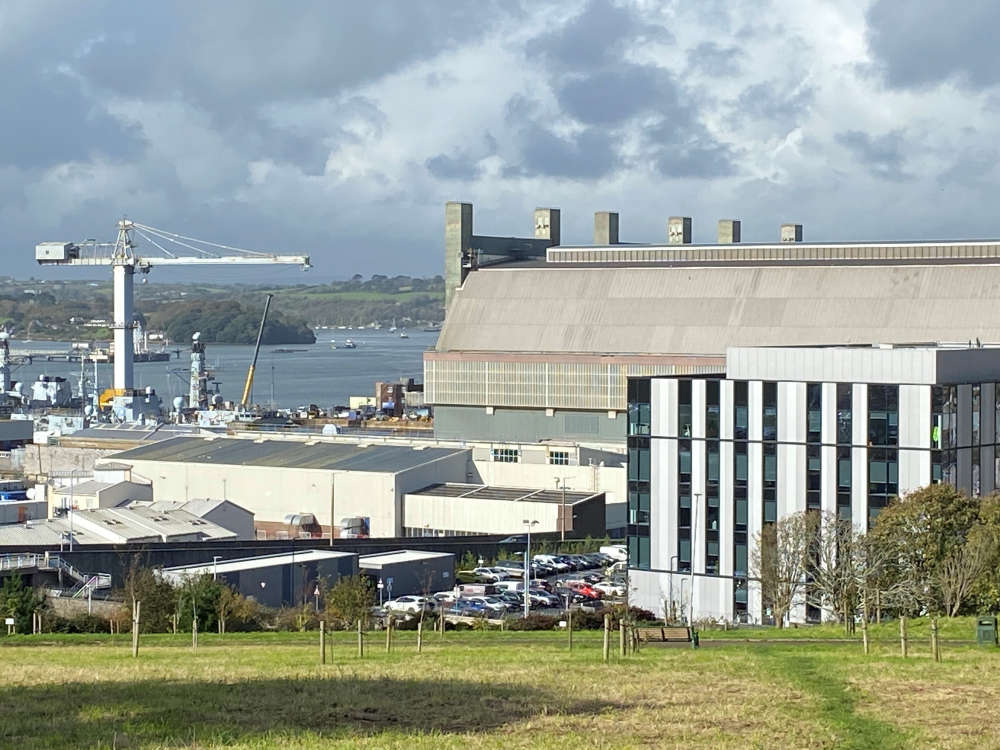 Two Devon warships could be sold to Brazil
Two Devon warships could be sold to Brazil
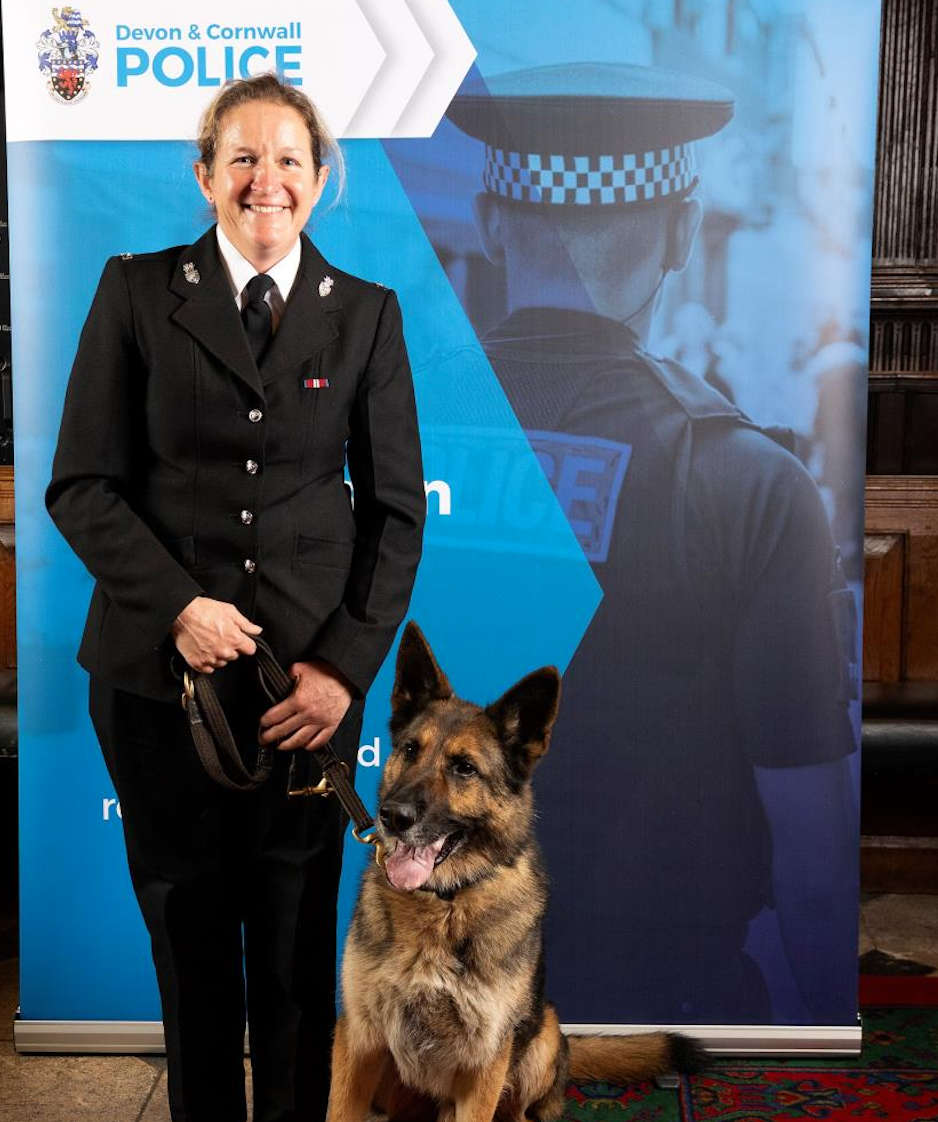 Devon police dog honoured
Devon police dog honoured
 Schizophrenic knifeman given indefinite hospital order
Schizophrenic knifeman given indefinite hospital order
